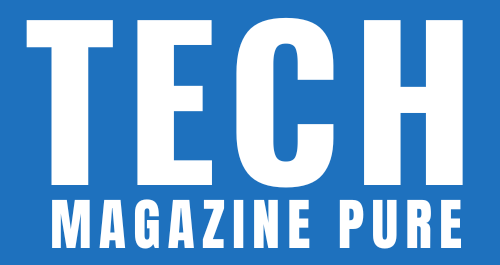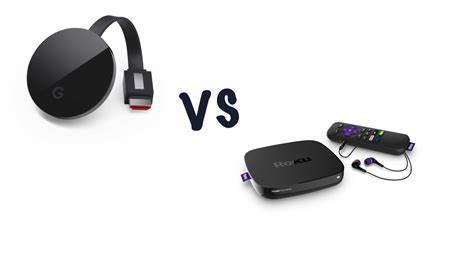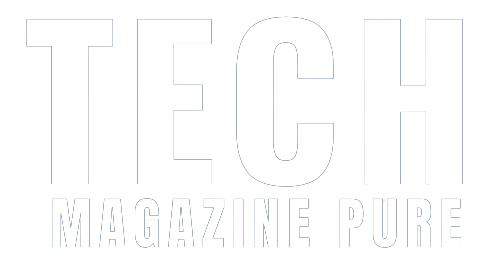In the ever-expanding landscape of smart TVs, two prominent platforms have emerged as front-runners: Roku TV and Google TV. Both offer a wide range of features and content options, but they differ in their approach and user experience. In this article, we will delve into the world of Roku TV vs Google TV, comparing their features, benefits, and how they cater to different preferences and needs.
User Interface and Design
Roku TV boasts a user-friendly interface with a straightforward layout. Its home screen features a customizable grid of apps and channels, making it easy for users to access their favorite content with just a few clicks. The clean and simple design caters to users of all ages and technical abilities, creating a seamless experience for everyone.
On the other hand, Google TV offers a more personalized user interface. It curates content recommendations based on the user’s viewing habits and preferences, providing a tailor-made home screen with suggested shows, movies, and apps. Google TV’s interface puts content discovery front and center, making it easier for users to explore new content aligned with their interests.
Content Library and Channels
Roku TV boasts an extensive content library with thousands of channels and apps available for users to choose from. This diverse range of content options includes popular streaming services like Netflix, Hulu, Amazon Prime Video, and more. Roku TV’s vast channel selection ensures that users have access to a wide array of entertainment options to suit their preferences.
Google TV, on the other hand, integrates with various streaming services to provide a unified content experience. Users can easily search for shows and movies across different platforms through the Google TV interface. This centralized approach simplifies content discovery and saves users the hassle of navigating through multiple apps to find what they want to watch.
Voice Search and Control
Both Roku TV and Google TV offer voice search and control capabilities. Roku TV’s remote includes a dedicated voice search button that allows users to use their voice to find content quickly. Google TV, on the other hand, is powered by the Google Assistant, which offers more advanced voice search and control functionalities. Users can ask complex questions, control smart home devices, and interact with the Google Assistant using their voice.
Cross-Platform Integration
Google TV extends its capabilities beyond the smart TV platform. It seamlessly integrates with other Google devices and services, creating a unified ecosystem. For example, users can control their Google TV using their Android smartphone or Google Nest smart speakers, stream content from their phone to the TV, and even receive personalized recommendations based on their Google account activity.
Roku TV, while not directly tied to a specific ecosystem, offers cross-platform compatibility with various devices. Roku streaming devices are available in different form factors, allowing users to choose a device that best fits their setup and preferences.
App and Software Updates
Both Roku TV and Google TV regularly receive app and software updates to enhance their functionality and user experience. These updates bring new features, improvements, and bug fixes, ensuring that users have access to the latest innovations and optimizations.
Hardware Integration
Roku TV is available on various smart TV brands, and some manufacturers even produce TVs with Roku OS built directly into them. This integration ensures a seamless experience with the TV’s hardware and software working harmoniously.
Google TV, on the other hand, is often available on devices that run on Android TV. While some smart TVs come with Google TV pre-installed, users can also access Google TV by using a compatible streaming device like the Chromecast with Google TV.
Both Roku TV and Google TV offer unique and compelling smart TV experiences. Roku TV’s user-friendly interface, extensive content library, and cross-platform compatibility make it a top choice for users seeking a straightforward and diverse streaming experience. It caters to a broad audience, from casual viewers to tech-savvy individuals.
On the other hand, Google TV’s personalized content recommendations, advanced voice search capabilities, and seamless integration with the Google ecosystem provide a more tailored and interactive user experience. It is an excellent option for users who value content curation and a deeper level of interaction with their smart TV.
Ultimately, the choice between Roku TV vs Google TV comes down to individual preferences and needs. Both platforms offer exceptional streaming capabilities and access to a wide range of content. Consider your content preferences, hardware compatibility, and desire for personalized recommendations to make an informed decision on the smart TV platform that suits you best. Whether you choose Roku TV or Google TV, you can be sure to enjoy a feature-rich and enjoyable streaming experience right from the comfort of your living room.


